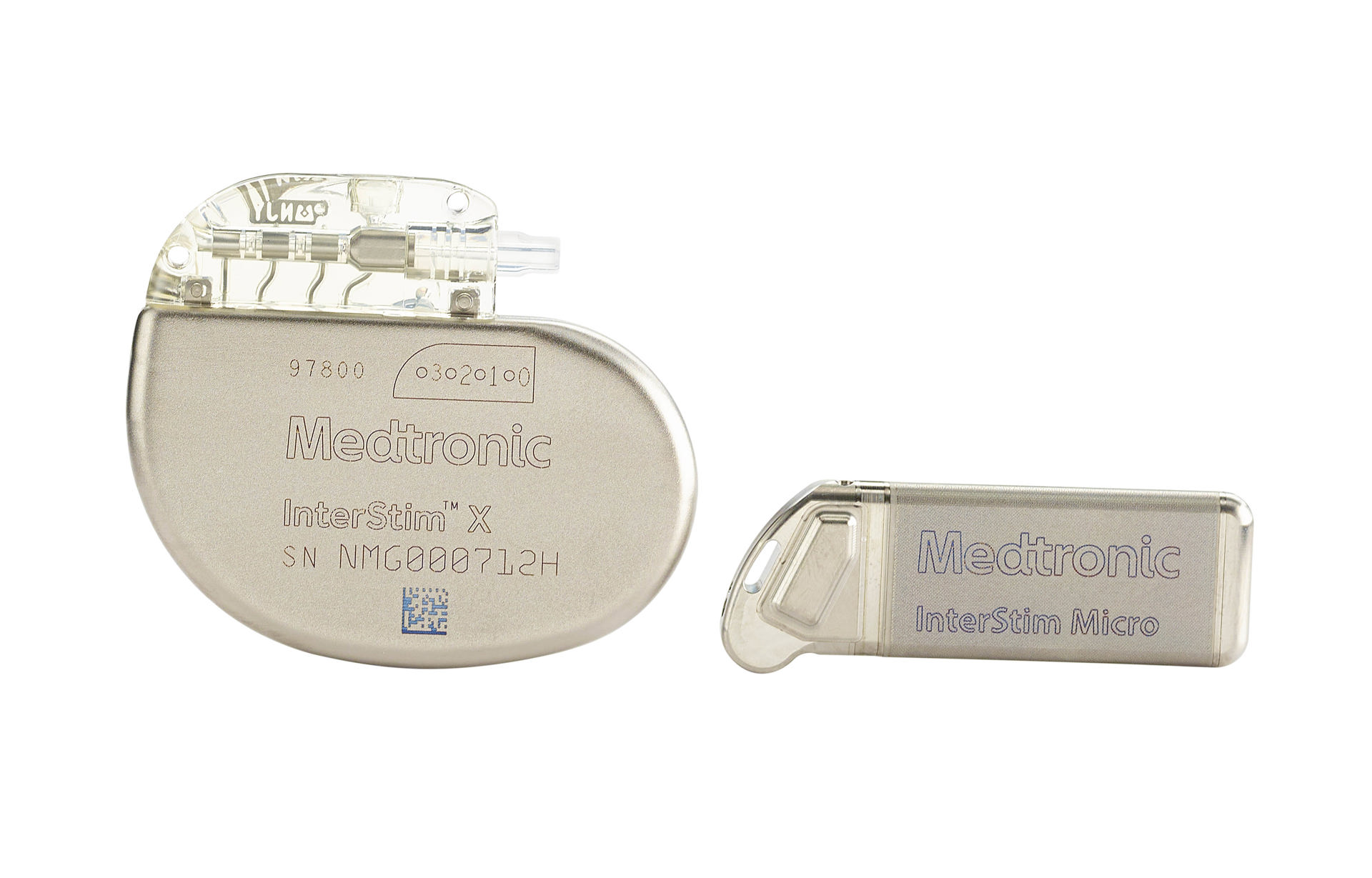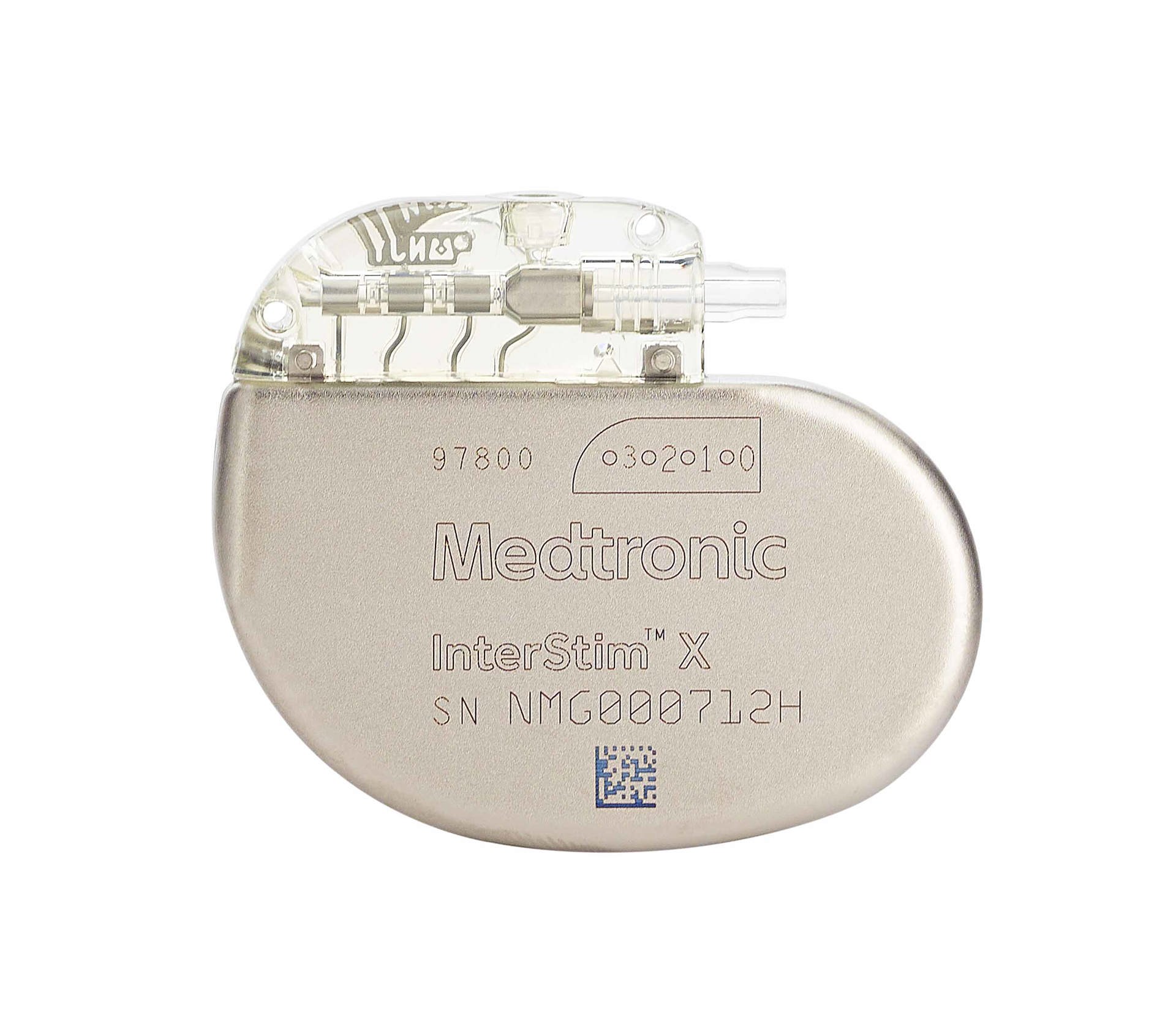InterStim™ Therapy
Relief from Fecal Incontinence with Advanced Therapy
Fecal incontinence (FI)—the inability to control bowel movements—is more common than many people realize, affecting 1 in 12 adults in the United States. It can be a deeply personal and challenging condition, often leading people to suffer in silence out of embarrassment or uncertainty about available treatments.
At Aurora BayCare Medical Center, Dr. Alexander Casella offers a clinically proven solution with Medtronic InterStim™ therapy, a breakthrough approach that helps restore bowel control and improve quality of life.
What Is InterStim™ Therapy?
InterStim™ is a form of sacral neuromodulation (SNM)—a gentle nerve stimulation treatment designed to correct miscommunication between the brain and the bowel. It’s a minimally invasive procedure that delivers mild electrical pulses to the sacral nerves, which play a key role in regulating bowel function.
This therapy is FDA-approved for the treatment of chronic fecal incontinence in patients who haven’t found relief through lifestyle changes or medication.


Why Choose InterStim™?
Proven Success: In clinical studies, 89% of patients experienced long-term success in reducing symptoms of bowel incontinence with InterStim™ therapy.*
Try Before You Commit: The process begins with a simple evaluation period, allowing patients to test the therapy for a few days before deciding on a permanent implant.
Minimally Invasive: The outpatient implant procedure is safe and discreet, typically involving a small device placed just under the skin in the upper buttock.
Recharge-Free or Rechargeable: Patients can choose the device that best fits their lifestyle.
Insurance Coverage: InterStim™ therapy is covered by Medicare and many private insurance plans.
____________________________________________________________________________________
*Success defined as a ≥50% reduction in weekly episodes of fecal incontinence.
Is InterStim™ Right for You?
You may be a candidate for InterStim™ therapy if you:
- Experience ongoing fecal incontinence
- Have not responded to conservative treatments (like dietary changes or medications)
- Are seeking a long-term, effective treatment for improved control and confidence
What to Expect During the Evaluation
Step One: A thin lead (wire) is placed in the upper buttock to test nerve stimulation.
Step Two: You’ll wear a small external device for 3 to 14 days, going about your normal activities while tracking your symptoms.
Step Three: If your symptoms improve significantly, you and your doctor can decide whether to move forward with a permanent implant.


